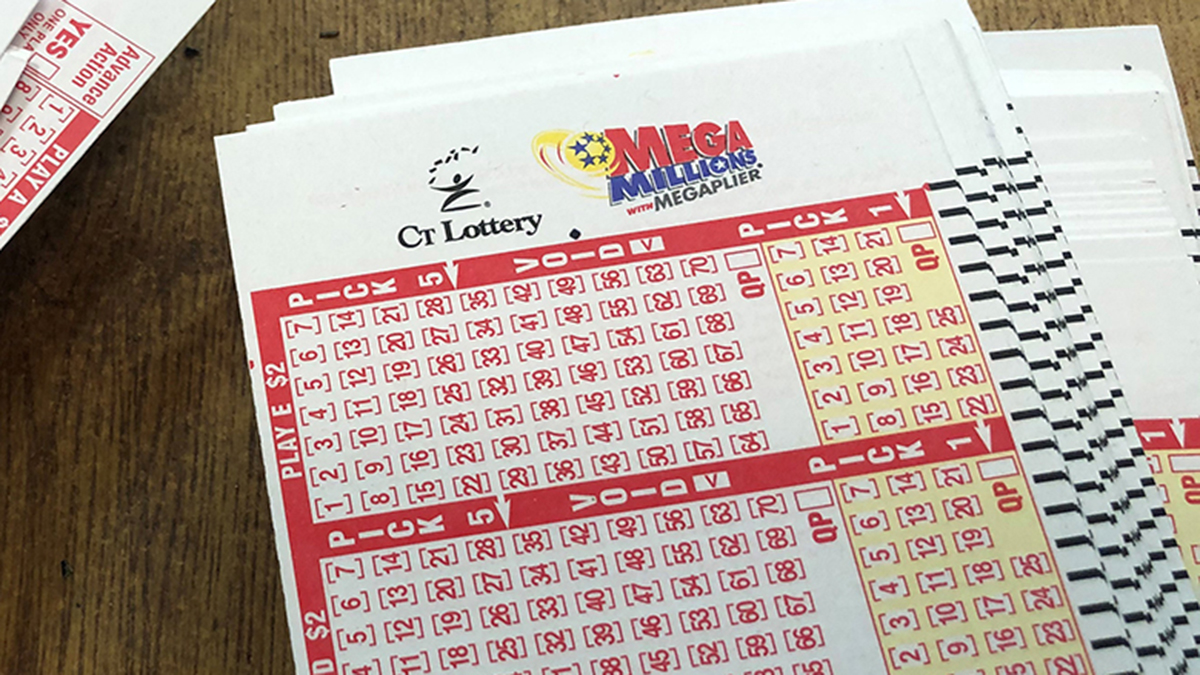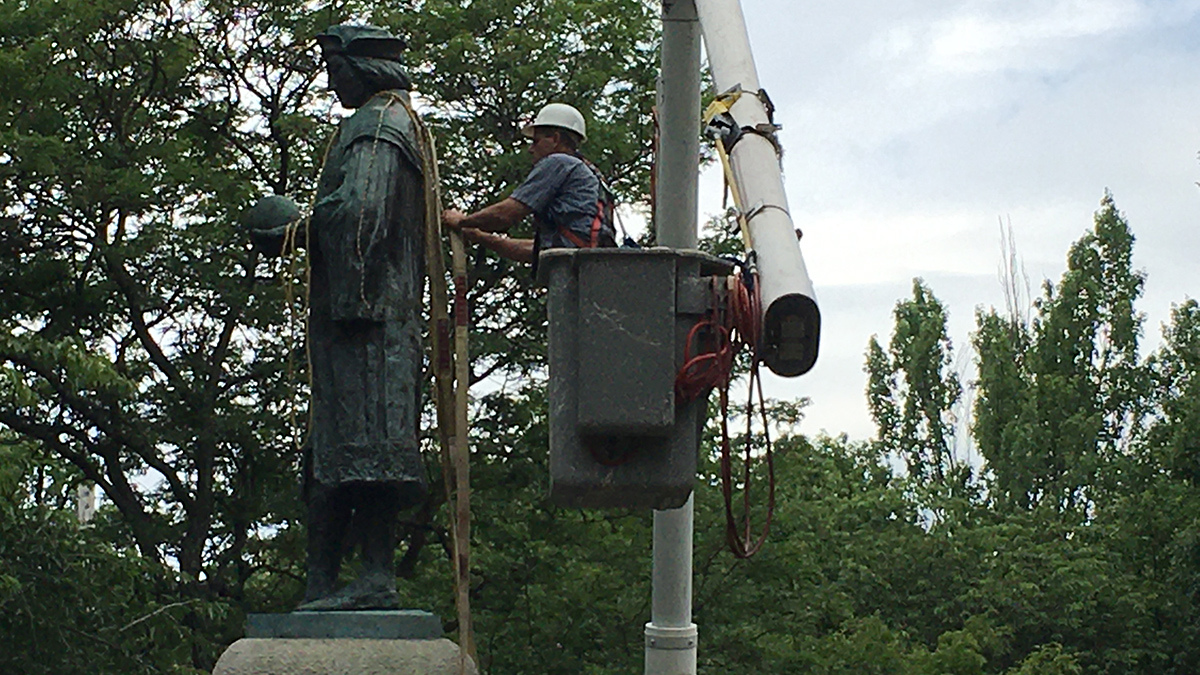New Haven police say the city is at a critical time following a violent weekend of several shootings.
“We’re dealing with a perfect storm of some inmates being released, COVID-19, people being cooped up from COVID-19, unemployment due to COVID and society’s attitude toward the police,” said Karl Jacobson, New Haven’s assistant police chief.
Leonard Jahad of the CT Violence Intervention Program agrees. As a social advocate he often responds to hospitals to meet with gunshot victims to help young people in trouble. Lately, he’s seeing new faces.
“What we’re finding here in New Haven is they’re not the usual fliers,” said Jahad. “Usually we’ll know the victim.”
In addition to new faces involved in crimes, he said there’s a lack of proactive work before people are released from jail, many sent home due to COVID-19.
“The victim is feeling vulnerable that the person who victimized them is out, and the other person is like, ‘I don’t know if they’re going to get back at me, their friends their family,’” explained Jahad. “And there’s no conversation, and when that doesn’t happen, along with the influx of people released from the department of corrections, it could push those numbers up.”
During a press conference Monday, New Haven police detailed the increase in gun violence. Non-fatal shootings are up 48% from this time last year. As of Monday there were 55 non-fatal shootings in 2020, and 37 at this point 2019. Friday’s homicide marked the ninth for the year, up from six at this time last year.
Local
Police said they’re not getting as much help from the public in solving them.
“We are not Minnesota, we are New Haven,” said Police Chief Otoniel Reyes. “Our officers are heroes, our officers are out there every single day doing lifesaving work and they need our support.”
Jacobson explained they’re getting fewer tips and less information in investigations.
“Officers are responding to shooting scenes and attempting to save lives, and they’re being met with distain, hate and people cursing at them,” said Jacobson.
Jahad said he’s heard similar stories through his outreach work.
“They said ‘someone was just shot, we think he may be dead, but just send an ambulance, don’t send police,’” said Jahad.
Although George Floyd was killed in Minnesota, Reyes may have made the point that some say is an important one: policing anywhere affects policing everywhere.
“The first time somebody gets bit by a dog, it doesn’t matter that your dog is nice, they don’t want to pet your dog either,” said Lorenzo Boyd, vice president of diversity and inclusion at the University of New Haven.
Jahad says some neighborhoods are looking for more police presence as the crime increases. Both Boyd and Jahad say it will take time to repair the police relationship with the community and to rebuild trust.
“Community policing isn’t a strategy, community policing is a philosophy,” said Boyd. “So anytime an officer has any sort of downtime at all, waiting for calls. If they’re engaging with the community, that’s going to make up for it.”
Police say they’re working with probation and parole to resume checks on people which was halted under COVID-19 guidelines. They'll also look at using more GPS monitoring.
At the press conference, police thanked Jahad and other community groups that kept working during the pandemic. They often call him to reach young people in trouble.
“Can you put a hand on this kid before it goes too far,” is the question Jahad said he’s often asked. “They know they can’t arrest their way out of it.”
Jahad is a trained mediator and former probation officer. He says solving the gun violence problem does require talking between those involved, and people on their own.
“Someone got in trouble, we sent them to cognitive behavioral therapy,” said Jahad. “But why can’t we get ahead of that? Why can’t we do that in the school systems and in the community, where we know it works?”
With part of the immediate uptick in crime due to pandemic stress, Boyd saidchange could happen soon.
“More people are going back to work, less people are on the street, less people need to find money to feed their families, less people are agitated,” said Boyd.
And to help stop the long-term violence, Jahad wants to get more mentors that have come up through the system and turned their lives around to help young people with jobs, housing and mental health resources.
“Whatever it is, if you can address the need and they also know how to control their impulse then it can also have a direct effect on violence, on community violence,” said Jahad.
And police said they still need to bring closure to families like that of Kiana Brown, killed in June.
“This girl was sleeping and was struck by a bullet,” said Jacobson. “Cases like this we need community help.”
Alderman Richard Furlow and Chaz Carmon of "Ice the Beef" have announced a $1,000 reward for information in Brown's death.
Anyone who has information on these cases, or information about crimes before they happen, can send anonymous tips by texting NHPD to 274637 (CRIMES), emailing ECIC@newhavenct.gov, or by calling 203-946-6296



